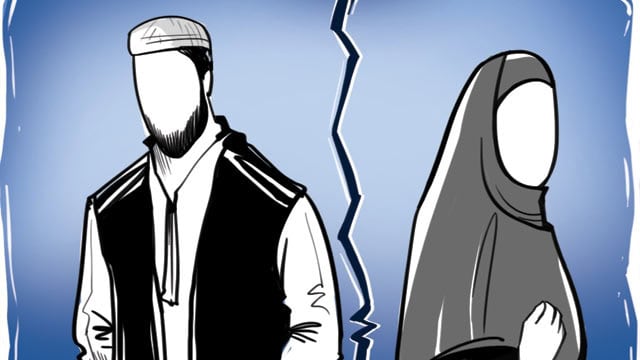Barely four months after the Supreme Court declared instant triple talaq or talaq-e-biddat unconstitutional, the Lok Sabha passed The Muslim Women (Protection of Rights on Marriage) Bill, outlawing the practice. Most leading Opposition parties, including the Congress, voted in favour of the bill. The near unanimity in the Lower House is in contrast to the disagreements within the SC’s five-judge constitutional bench which struck down triple talaq in August. Even the judges who agreed on the illegality of talaq-e-biddat differed in their reasoning.
Such differences were entirely in keeping with the complexity of the issue. The apex court’s verdict acknowledged the discriminatory nature of triple talaq without being disrespectful to the fears of the minority community. But the bill passed by the Lower House risks attenuating the matter and using a blunt instrument to address it. The speed with which the legislation was introduced and the scant debate invite questions about the political motives in pushing it through.
While introducing the bill, Union Law Minister Ravi Shankar Prasad said the government views the legislation not through the lens of “siyasat (politics)” but “insaniyat (humanity)”. “This is not a law for any prayer or religion but it’s for justice to women, their dignity and respect,” he said. There cannot be any quarrel with these principles. But unlike the apex court verdict, the bill passed by the Lok Sabha does not speak the language of reform. It criminalises the practice of triple talaq.
“Whoever pronounces talaq upon his wife shall be punished with imprisonment for a term which may extend to three years and a fine,” notes Clause 4 of the bill. Clause 7 makes the legislation even more stringent: “An offence punishable under this Act shall be cognisable and non-bailable within the meaning of the Code (The Code of Criminal Procedure)”. This means a police officer can arrest an accused without a warrant. And, the complainant can be any “informant”, not just the victim — in this case, the wife. In times when Muslims have increasingly become more vulnerable and targets of acts of violence including lynching, fears about the misuse of the criminality provision in the triple talaq legislation are not unfounded. And the way in which courts are overburdened, it may take a while before justice is delivered.
A minuscule minority raised these legitimate apprehensions during the debate in the Lower House. The Congress did not even close ranks to press for votes on the amendments moved by its members, Sushmita Dev and Adhir Ranjan Chowdhury. One hopes the debate in the Rajya Sabha, next week, does justice to the issue’s gravity and complexity. On its part, the government could do well to pay heed to the words of Minister of State for External Affairs M.J. Akbar. Criminality is “an issue” he conceded, adding that “I am sure the (law) minister is listening”.
Courtesy: The Indian Express

